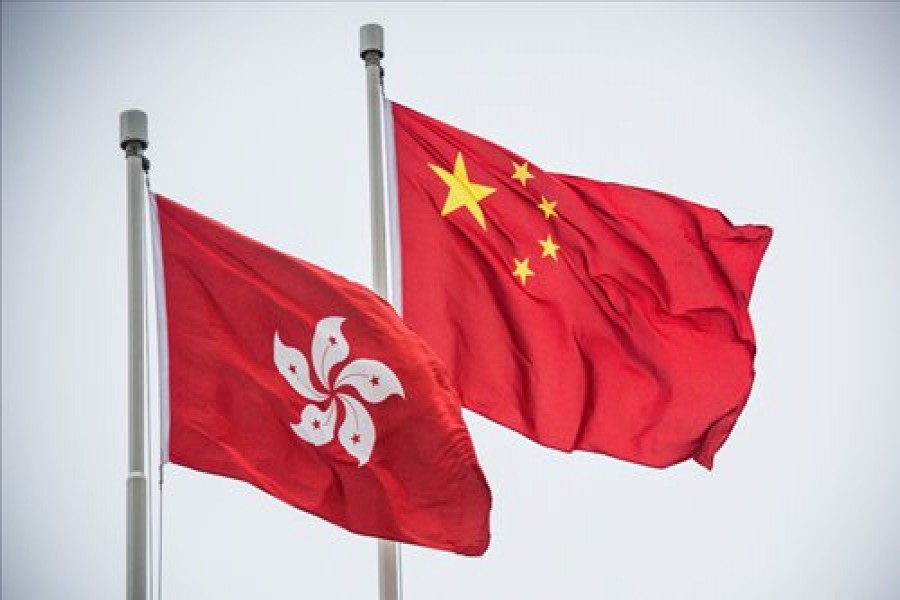The riots in Hong Kong have lasted for over 10 weeks and most media from the city and the Chinese mainland have been covering specific incidents and related topics. Global Times believes it's time to bring Hong Kong's high degree of autonomy into focus. Such a review is necessary to calm the situation.
First, Hong Kong's high degree of autonomy must be maintained. It is politically pragmatic and the only feasible principle. At present, the "one country, one system" approach is completely unrealistic. The Chinese mainland does not have direct political and legal resources to govern Hong Kong. If the city's high degree of autonomy is abolished, the entire logic of Hong Kong's social function will be rewritten, which would bring huge governing risks, including the possibility that the city might lose its status as an international financial centre. Such risks are not in line with China's national interests.
That being said, Hongkongers must have confidence in the country's adherence to the high degree of autonomy for the city and to the policy of "the people of Hong Kong governing Hong Kong."
Second, Hong Kong's high degree of autonomy should not lead to political antagonism between the city and the mainland. This is the bottom line of the "one country, two systems" principle and is reflected in the Basic Law and Hong Kong's electoral system. A candidate who opposes the Chinese central government must not be elected as the city's chief executive. Some protesters causing disturbance in Hong Kong is different from a Hong Kong Special Administrative Region government that may lead Hong Kong society to confront the central government.
Opposition forces in Hong Kong should understand the political bottom line. They must not try to violate the Basic Law and China's Constitution. The country's stance is firm in this regard. The opposition is doomed to fail no matter how much support they gain from the US and Western world.
Third, the Chinese mainland hopes that Hong Kong can maintain its social culture based on a capitalist system. It is good to have a Western-style city on Chinese soil. Why bother to make it Chinese style?
Fourth, due to different political systems in Hong Kong and the Chinese mainland, some Hongkongers tend to distrust the mainland politically. This has led to radical behaviors in Hong Kong and the central government's efforts to restrain such radical incidents. Opposition in the city is usually committed to strengthening such distrust for their political interests until the situation gets out of hand. Take national education in Hong Kong. It is supposed to be promoted after Hong Kong returned to China in 1997. Unfortunately, national education has become a sensitive issue in the city.
Last but not the least, Hong Kong and the Chinese mainland are a community of shared interests. There are similarities and differences in the two societies' values. But the Chinese mainland most sincerely hopes all the best for Hong Kong and will grieve the most if the city suffers social turmoil. This is determined by the shared interests and strong cultural bond between the two sides. It is hoped Hongkongers can understand this and not be tempted by any delusion.


